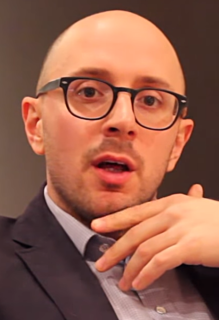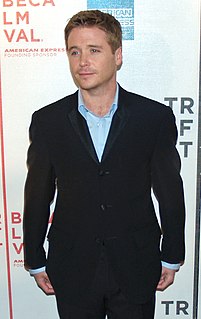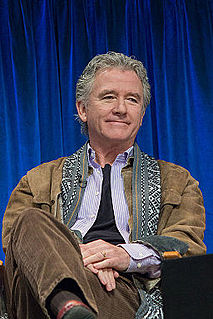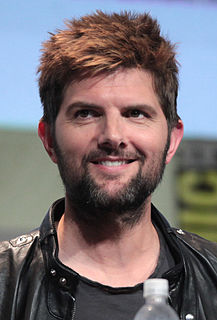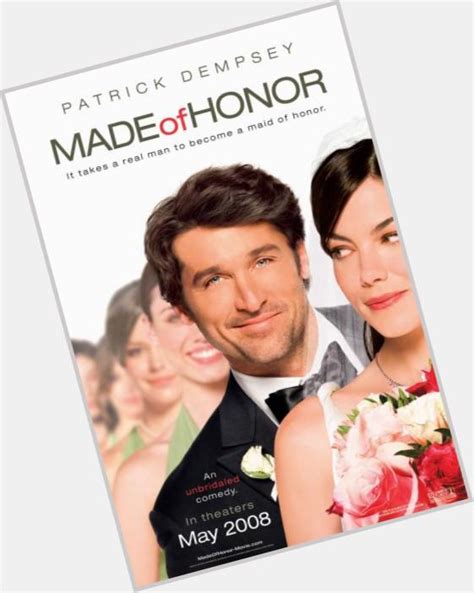A Quote by Steve Burns
I'm not supposed to talk about the snail. The snail is, well, congratulations to whoever noticed it. It's supposed to be a thing where you gotta look for it in every episode, and it's there three times in every episode.
Related Quotes
The last episode of Dallas was in '1991.' Unfortunately, it was a terrible episode to end the show on: it was a sort of 'It's a Wonderful Life' with Larry as the Jimmy Stewart character. In that episode, I was an ineffectual-schlep kind of brother, who got divorced three or four times and was a Las Vegas reject.
We do want the freedom to move scenes from episode to episode to episode. And we do want the freedom to move writing from episode to episode to episode, because as it starts to come in and as you start to look at it as a five-hour movie just like you would in a two-hour movie, move a scene from the first 30 minutes to maybe 50 minutes in. In a streaming series, you would now be in a different episode. It's so complicated, and we're so still using the rules that were built for episodic television that we're really trying to figure it out.
Pretty much every show that comes on, I'll try to watch at least one episode of it. For me, there are three different levels. I watch the first episode, and if I love it, I'm lockin' it in for the rest of the season. If I'm not too sure about it, I will maybe tune in the next week. It it's just terrible, then I'm done.
If one wanted to depict the whole thing graphically, every episode, with its climax, would require a three-dimensional, or, rather, no model: every experience is unrepeatable. What makes lovemaking and reading resemble each other most is that within both of them times and spaces open, different from measurable time and space.
The one thing that we wanted to make sure in the pilot [of "Mary and Jane"] is that we could go everywhere. Part of the fun of them being a delivery service is that they go to different areas episode to episode. We do have an episode in the beach and there is an episode in the luxury rehab. It's all different kinds of things we are making fun of in LA.
